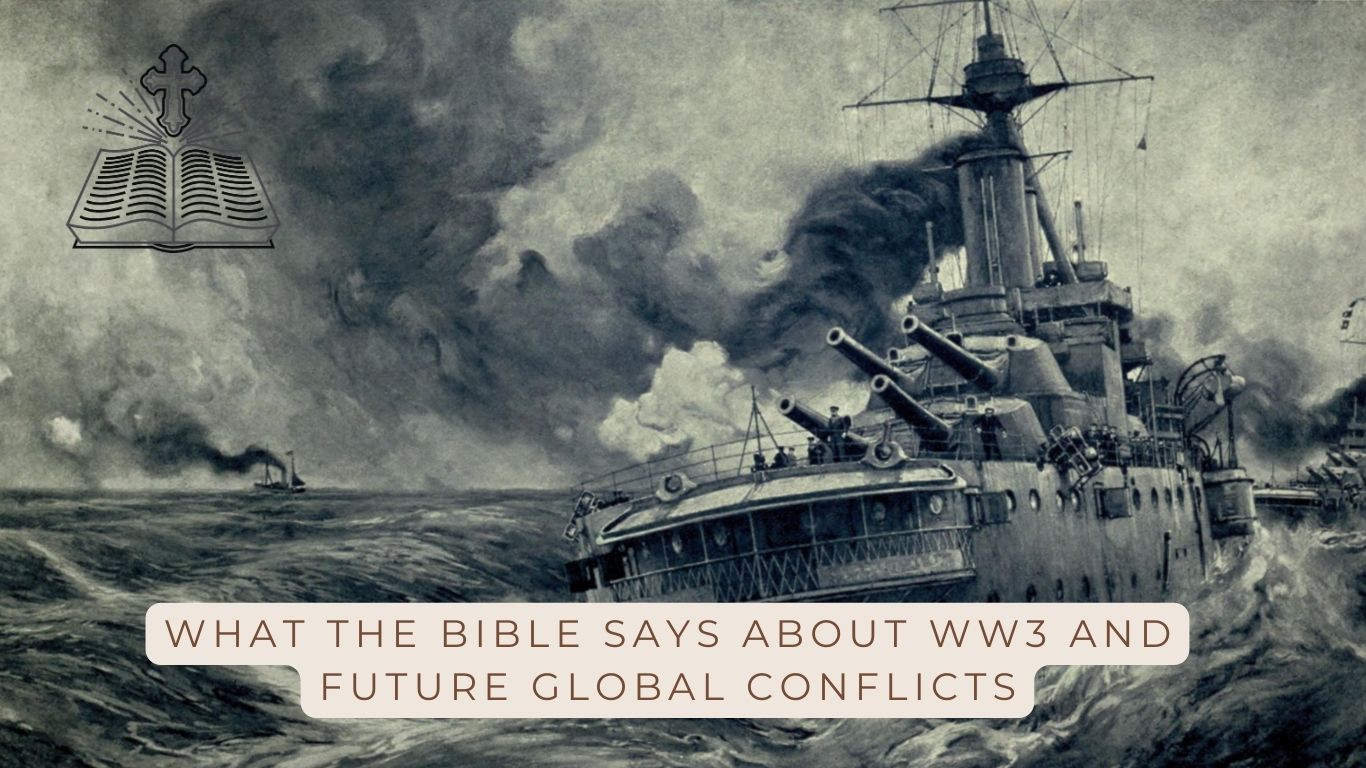 In the quest to understand the Bible’s perspective on gender and authority, questions often arise about its portrayals of masculinity and femininity. This article delves into whether the Bible supports misogyny or presents a more nuanced view of gender roles. Additionally, we’ll explore effective strategies for reading the Bible in an order that enhances comprehension and personal reflection.
In the quest to understand the Bible’s perspective on gender and authority, questions often arise about its portrayals of masculinity and femininity. This article delves into whether the Bible supports misogyny or presents a more nuanced view of gender roles. Additionally, we’ll explore effective strategies for reading the Bible in an order that enhances comprehension and personal reflection.
Understanding the Bible’s Stance on Gender
Does the Bible Support Masculinity?
The Bible, a collection of texts from diverse cultures and times, does not promote a singular view on masculinity. Instead, it presents a range of male figures, from warriors and kings to prophets and peacemakers, each embodying different attributes of what it means to be masculine. This variety suggests that masculinity in the Bible is not monolithic but multifaceted.
Is the God of the Bible Masculine or Feminine?
The depiction of God in the Bible transcends human gender binaries. While God is traditionally referred to using masculine pronouns and imagery, such as Father, He also embodies characteristics traditionally associated with femininity. For example, in Isaiah 66:13, God is compared to a comforting mother. Thus, the divine nature combines attributes of both genders, indicating a complex representation beyond human gender classifications.
Is There Patriarchy in the Bible?
Patriarchal structures are evident in many biblical narratives, reflecting the historical and cultural contexts of the times. However, the Bible also contains moments of profound challenge to these structures. Women like Deborah, a judge and leader, and Mary, the mother of Jesus, play pivotal roles that defy strict patriarchal limits, suggesting a text that both mirrors and questions its cultural context.
Analyzing Alleged Misogyny in Scripture
Bible of Misogyny 7:13 – Decoding Fictional References
The reference “Bible of Misogyny 7:13” does not correspond to any existing biblical passage. It appears to be a fictional or metaphorical citation used in discussions about gender biases in religious texts. Such references are often employed in critical analyses to highlight perceived inconsistencies or to provoke thought rather than citing actual scripture.
Misogyny in the Bible – A Wikipedia Perspective
Online platforms like Wikipedia summarize that while some interpretations of the Bible highlight misogynistic elements, others argue for a more egalitarian or even proto-feminist reading. These interpretations can depend heavily on translation choices, cultural contexts, and theological perspectives.
Bible of Misogyny Quotes: A Future Outlook
Looking forward, the challenge lies in how we interpret and engage with the Bible’s texts. Recognizing historical contexts and biases allows us to question and reframe interpretations that have, over centuries, contributed to gendered inequalities.
Recommended Bible Reading Order for Deeper Understanding
When approaching the Bible, the order in which you read the books can significantly affect your understanding and perception of its messages. Here is a suggested order for those new to the Bible or looking to re-experience its teachings:
- The Gospels (Matthew, Mark, Luke, John) – Start with the life and teachings of Jesus, as they are central to Christian doctrine.
- Psalms and Proverbs – These books provide poetic wisdom and emotional expressions that resonate with daily human experiences.
- Genesis and Exodus – Understanding the origins of the biblical narrative and the foundational stories of faith.
- Epistles (Romans, Corinthians, Galatians, etc.) – These letters offer insights into the early Christian communities and theological reflections.
- Historical Books (Kings, Chronicles) – To see the progression of Israel as a nation and its spiritual journey.
- Prophets (Isaiah, Jeremiah, Ezekiel) – Explore the rich prophetic texts that challenge and comfort in equal measure.
Conclusion
The Bible’s messages on gender and authority are complex and layered, requiring careful interpretation and an open mind. By reading through the Bible in a thoughtful order and engaging with its diverse narratives, readers can gain a more comprehensive understanding of its teachings and their relevance to contemporary issues of gender.












